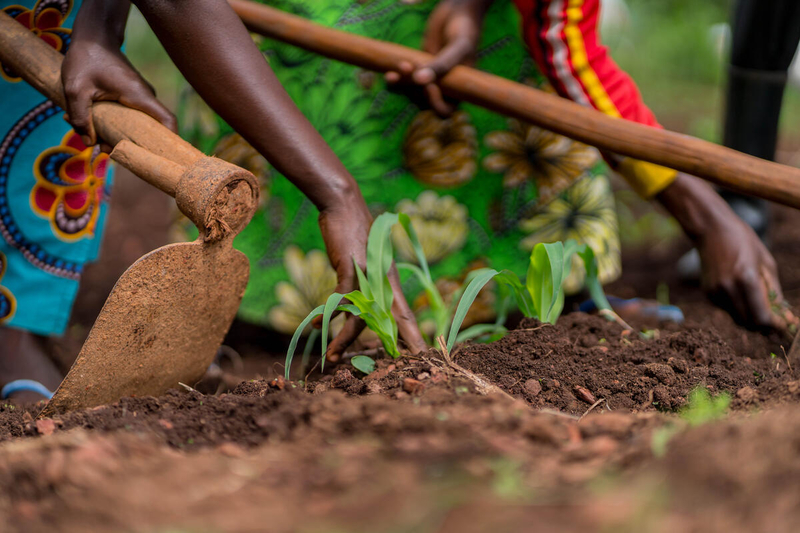
The Research Consortium for School Health and Nutrition, part of the School Meals Coalition and coordinated by the London School of Hygiene & Tropical Medicine, hosted a webinar on January 24th to promote the white paper “School Meals and Food Systems: Rethinking the consequences for climate, environment, biodiversity and food sovereignty”, launched in December 2023 during COP 28.
The World Food Programme (WFP) Centre of Excellence against Hunger in Brazil is part of the Research Consortium since September of 2023 and contributed to the document, especially in the chapter 4, that discusses the procurement of food with a home-grown school feeding approach. The full report can be accessed here.
Eliene Sousa, from the Centre of Excellence’s Project team, said this was a great opportunity to contribute to an important document for the implementation of school feeding programmes linked to sustainable food systems. “It is a document that places great value on the climate issue and the reduction of carbon production linked to school feeding”, said Eliene Sousa.
The paper indicates two key areas where school meals programs can drive systemic change: influencing schoolchildren and adolescents to have a better nutrition and relation with food and promoting sustainable food systems through local food procurement. School meals offer advantages beyond just nutrition: they enhance school enrolment, attendance, academic achievement, and cognitive development, while also lowering dropout rates, particularly among girls.
In addition to the immediate advantages for children, modifications to global school meals initiatives can generate environmentally sustainable actions driven by local demand within food systems. This is especially evident when the demand for school meals is integrated with local and small-scale agricultural production, as seen in the home-grown school feeding (HGSF) approach.
Donald Bundy, Professor of Epidemiology and Development of the London School of Hygiene & Tropical Medicine and member of Research Consortium for School Health and Nutrition, reiterated that school is one of the main ways to impact schoolchildren and adolescents, especially through the school meals programmes, which was severely affected by the COVID pandemic. “During the pandemic, the schools were closed, and this had significant consequences, like the interruption of the education and major social consequences”, asserted the Professor.
Next steps
In 2024, the research consortium intends to disseminate the document, carry out country level analysis evaluating specific impacts food system transformation has in school feeding, periodic webinars on specific topics and landscape analysis.
The WFP Centre of Excellence also promotes exchanges about school meals best practices between Brazil and other countries in the Global South through the “Virtual Study Visit: Brazil” initiative, created in 2021. It covers the most significant aspects of the messages communicated during an on-site visit to Brazil, supporting the dissemination of the key elements that have been fundamental to the success of Brazilian policies in the fight against hunger and food insecurity.




